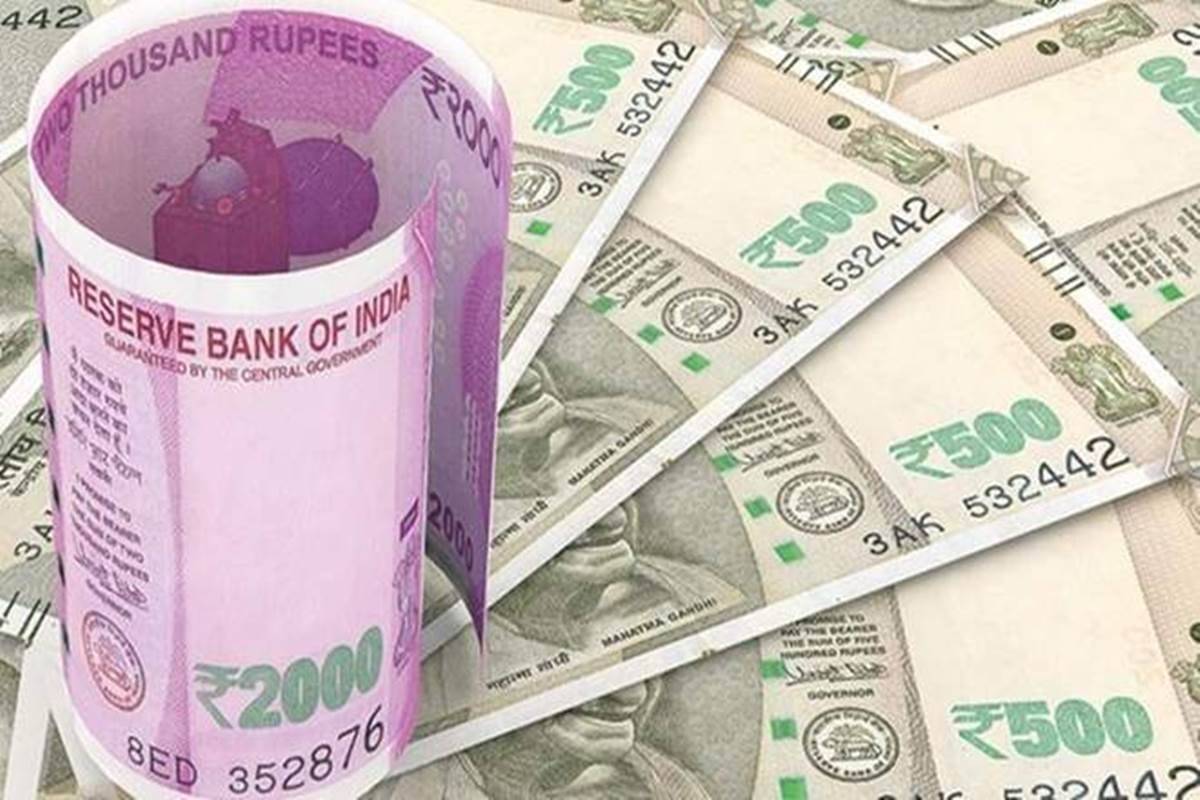Products You May Like

After the 2008 international monetary disaster, governments and central banks in superior economies vowed that they’d by no means once more let the banking system maintain coverage hostage, not to mention threaten financial and social well-being. 13 years later, they’ve solely partly fulfilled this pledge. One other a part of finance now dangers spoiling what might be—in reality, should be—a sturdy, inclusive, and sustainable restoration from the horrid Covid-19 shock.
The story of the 2008 disaster has been advised many occasions. Dazzled by how monetary improvements, together with securitisation, enabled the slicing and dicing of danger, the general public sector stepped again to provide finance extra room to work its magic. Some nations went even additional than adopting a “light-touch” method to financial institution regulation and supervision, and competed laborious to change into larger international banking centres, no matter the dimensions of their actual economies.
Associated Information
Unnoticed in all this was that finance was within the grip of a harmful overshoot dynamic beforehand evident with different main improvements such because the steam engine and fibre optics. In every case, simple and low-cost entry to actions that beforehand had been largely off-limits fueled an exuberant first spherical of overproduction and overconsumption.
Certain sufficient, Wall Avenue’s credit score and leverage factories went into overdrive, flooding the housing market and different sectors with new monetary merchandise that had few safeguards. To make sure fast uptake, lenders first relaxed their requirements—together with by providing so-called NINJA (no earnings, no job, no property) mortgages that required no documentation of creditworthiness from the borrower—after which engaged in outsize buying and selling amongst themselves.
By the point governments and central banks realised what was happening, it was too late. To make use of the American economist Herbert Stein’s phrase, what was unsustainable proved unsustainable. The monetary implosion that adopted risked inflicting a world despair and compelled policymakers to rescue these whose reckless behaviour had created the issue.
To make sure, policymakers additionally launched measures to “de-risk” banks. They elevated capital buffers, enhanced on-site supervision, and banned sure actions. However though governments and central banks succeeded in decreasing the systemic dangers emanating from the banking system, they failed to know and monitor intently sufficient what then occurred to this danger.
Within the occasion, the ensuing vacuum was quickly crammed by the nonetheless evenly supervised and controlled non-banking sector. The monetary sector thus continued to develop markedly, each in absolute phrases and relative to nationwide economies. Central banks stumbled into an unhealthy codependency with markets, shedding coverage flexibility and risking the longer-term credibility that’s crucial to their effectiveness. Within the course of, property below administration and margin debt rose to file ranges, as did indebtedness and the US Federal Reserve’s stability sheet.
Given the magnitudes concerned, it’s not shocking that central banks particularly are treading very fastidiously today, petrified of disrupting monetary markets in a fashion that will undermine the post-pandemic financial restoration. On a financial-sector freeway the place too many contributors are driving too quick—some recklessly so—we’ve got already had three near-accidents this 12 months involving the federal government debt market, retail buyers pinning hedge funds in a nook, and an over-levered household workplace that inflicted a reported $10 billion of losses on a handful of banks. Because of some luck, fairly than official disaster prevention measures, every of those occasions didn’t trigger a significant pileup within the monetary system as an entire.
Central banks’ long-evolving codependent relationship with the monetary sector appears to have led policymakers to imagine that that they had no alternative however to insulate the sector from the pandemic’s harsh actuality. That resulted in an much more beautiful disconnect between Wall Avenue and Predominant Avenue, and gave an additional worrisome enhance to wealth inequality. Within the 12 months to April 2021, the mixed wealth of the billionaires on Forbes journal’s annual international checklist elevated by a file $5 trillion, to $13 trillion. And the world’s billionaire inhabitants grew by practically 700 from the earlier 12 months, reaching an all-time excessive of greater than 2,700.
Policymakers could be unwise merely to hope for the perfect—specifically, a kind of monetary deus ex machina by which a robust and fast financial restoration redeems the large run-up in debt, leverage, and asset valuations. As an alternative, they need to act now to reasonable the monetary sector’s extreme risk-taking. This could embrace containing and decreasing margin debt; implementing stronger suitability standards on dealer sellers; enhancing evaluation, supervision, and regulation of non-banking establishments; and decreasing the tax benefits of presently favored funding positive aspects.
These steps, each individually and collectively, usually are not in themselves a panacea for a persistent and rising downside. However that’s no excuse for additional delay. The longer that policymakers enable the present dynamics to develop, the larger the menace to financial and social well-being, and the larger the danger that yet one more disaster erupts—unfairly and regardless of a decade of guarantees—in the identical sector as final time.
Copyright: Undertaking Syndicate 2021
The writer, president of Queens’ School, College of Cambridge, was former chairman of Barack Obama’s International Growth Council
Get stay Stock Prices from BSE, NSE, US Market and newest NAV, portfolio of Mutual Funds, Try newest IPO News, Best Performing IPOs, calculate your tax by Income Tax Calculator, know market’s Top Gainers, Top Losers & Best Equity Funds. Like us on Facebook and comply with us on Twitter.
Monetary Categorical is now on Telegram. Click here to join our channel and keep up to date with the most recent Biz information and updates.
